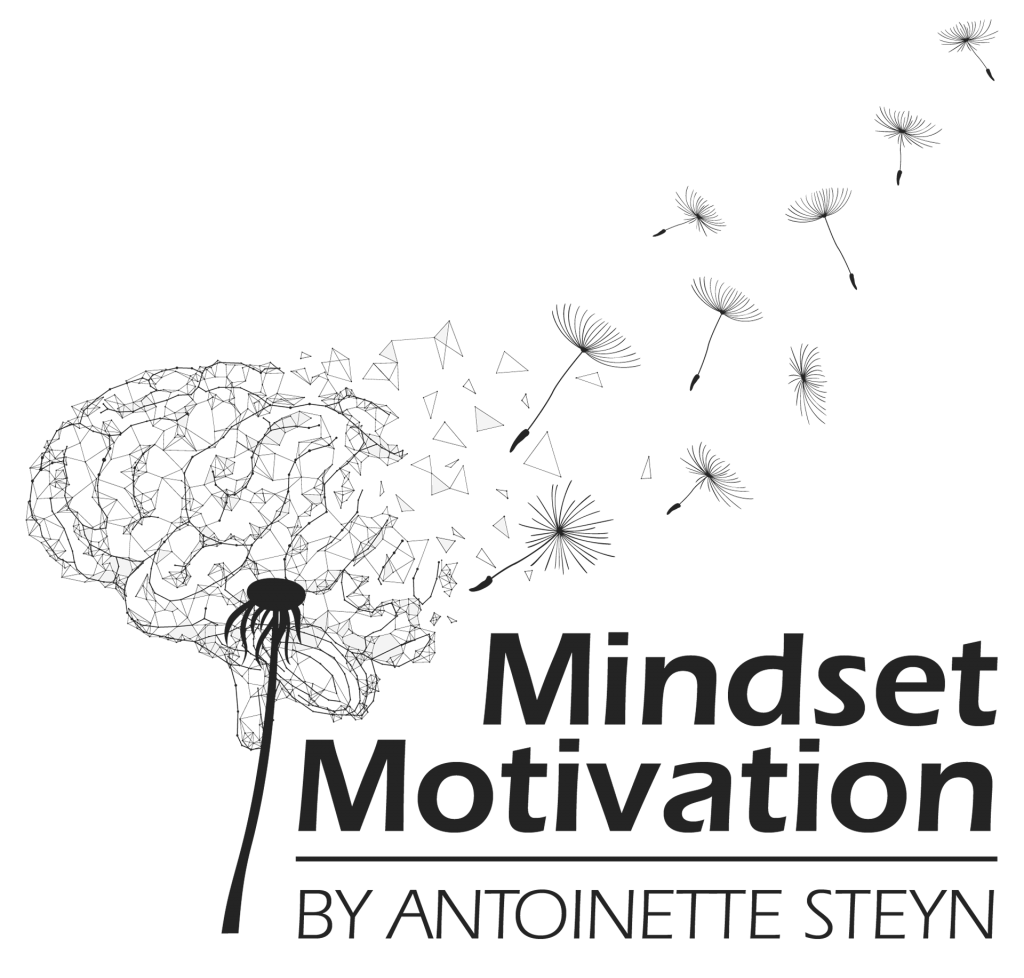M.I.N.D Profiles
THE “NARROW” AVOIDER M.I.N.D PROFILE
Each of us have different dreams and wishes in this life. We try our best to follow the path we were meant to. However, there will always be things which happen in our lives, good or bad, which shapes our lives and the path we choose to walk. The impact of the things which shapes our lives can sometimes be so severe that it alters our beliefs, our original goals, the path we chose to follow and the typical view we have of the world. The things that happen to you can shape your M.I.N.D. It is however important to remember that whatever happens to us are greatly influenced by the perception of it which we hold. Sometimes just by changing the way we look at things, we can change the way negative experiences try to shape our lives.
Challenges, adversity, trauma and disappointments can make us feel as if we will never reach the destination, we set out to get to. Sometimes life isn’t about getting somewhere. Sometimes it’s about walking towards something and just maybe, the walk is enough.
The Narrow type is basically formed due to the emotional unavailability of parents who tend to be insensitive and unaware of their child’s emotional needs. These children are often required to grow up quicker and take care of themselves. This can cause a person to easily become withdrawn and refrain from needing anything from anyone else. They are reluctant to trust and rely on others and tend to have a fear of intimacy. They can be very suspicious of others and don’t share their feelings very easily.
They sometimes struggle to realise that comfort and connection in relationships are necessary and that they need to give and accept this from others. They are mainly driven by the fact that they try and avoid intimacy because they want to keep from feeling vulnerable and having an emotional obligation. Even when these individuals find themselves in an intimate relationship with others, they seem to struggle with letting go of the fact that they prefer their independence above committing toward someone. They have a continuous desire for physical and emotional freedom.
The Narrow type are good at meeting their own needs but struggle with meeting the expectations of others. They can be dedicated towards external factors such as completing a task or maintaining a high standard of job performance, but this will sometimes reflect as a commitment to themselves rather than an external expectation.
The Narrow type tend to come across as having an under-developed emotions spectrum. They want and desire emotional connection but it can cause anxiety within them, due to their lack of knowing how to secure these connections. This causes them to restrict their need for connection, by limiting the need for other people in their lives. They are easily driven by resentment and think others only want something from them. They can easily get irritated by dependent people and expect others to be independent. Their typical response to disappointment is to simply disconnect.
Due to the Narrow M.I.N.D style’s early memories of self-dependence and keeping from relying on a caretaker too often, which they learned to do, only drives them away, they resort to the same behaviour in their relationships with others. They basically tend to fear reliance on others because they associate it with the fact that it can drive others away.
The Narrow type can also come from a home where performance and achievement was very important. “Children should be seen and not heard” was a norm in their household. They received recognition and praise mainly for achievements. They were often physically cared for while growing up, but not necessarily emotionally through having a strong bond and connection with a caretaker. They learnt from a young age how to be alone and independent and how to take care of themselves, since this pleased their caretakers. As adults they accordingly tend to prefer working alone. Time alone and away from other people doesn’t bother them and is actually welcomed. These individuals don’t require much emotional connection from others and also tend to have a limited range of emotions themselves. This plays a big role in the reason why they hardly ever request comfort when they are upset or distressed.
Order the book YOUR M.I.N.D PROFILE from www.mindsetmotivation.co.za to find out what your M.I.N.D Profile is and how you can change it.

